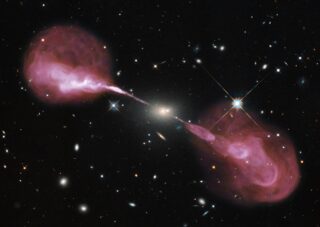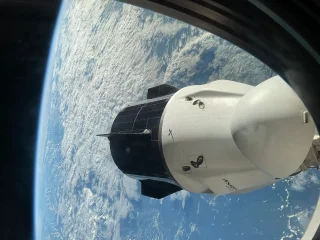Mark Kennedy
School of Physics Lecturer at UCC

The astrophysics group within University College Cork is focused on answering fundamental questions about our Universe, from the origin and behaviour of super massive black holes during galaxy formation in the early Universe, to the formation processes behind exoplanets, to the study of the environments and evolution of neutron stars and black holes. To do this, we use space observatories such as the James Webb Space Telescope, XMM-Newton and ESA’s GAIA mission.
A typical day for Mark:
I normally get into the office around 9am, and my first job it to look over observations from the previous night. I’m part of the GOTO collaboration (https://goto-observatory.org/) which makes a map of the night sky every night. My first task is to help the international team that work on this project to sift through all the data, looking for new objects in the night sky (that could be related to exploding stars or merging neutron stars; you can get involved too using https://www.zooniverse.org/projects/tkillestein/kilonova-seekers). After this, if it’s a day that I’m giving a lecture, I’ll go over my notes and make sure that I’m comfortable with the content of the lecture and how I’m going to present it. If I’m not lecturing, then I’ll spend the day working on my research projects, which typically involves reading papers, reducing data, or writing python code to interpret the data.
Tip from Mark:
It’s never too early to start asking questions. Whenever anyone explains something to you, if you didn’t understand it, ask them to explain it clearer – you’d be amazed the number of people around you who will also have struggled to understand it.
Asking questions is the most important skill a scientist needs, and it’s something that’s very hard to develop other than by practicing it!
